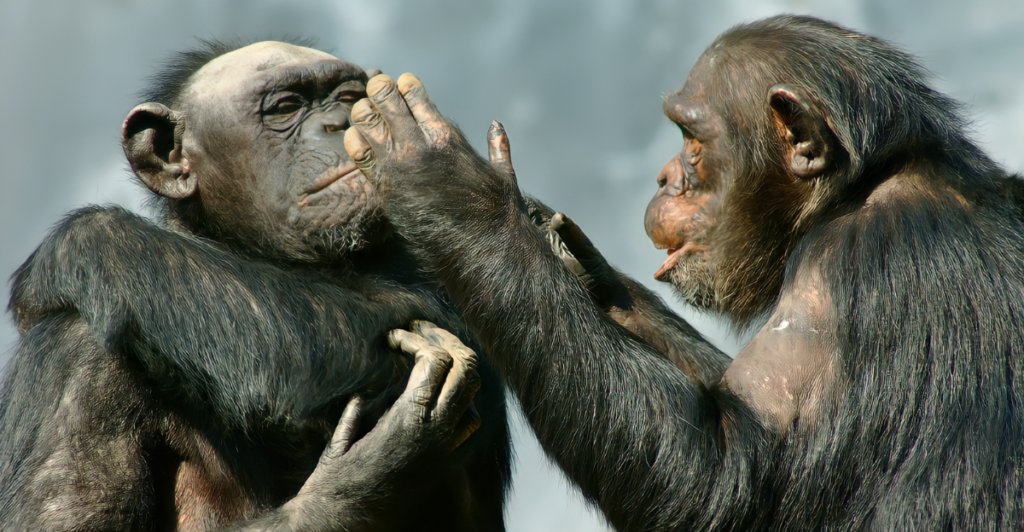
Just like people have their own dialects and languages, so do Chimpanzees. But a recent study shows how a certain mating signal used by a specific chimp community has vanished because of humans. Is our influence erasing parts of Chimpanzees’ instincts? Let’s dive into the research.
Chimpanzee Dialects
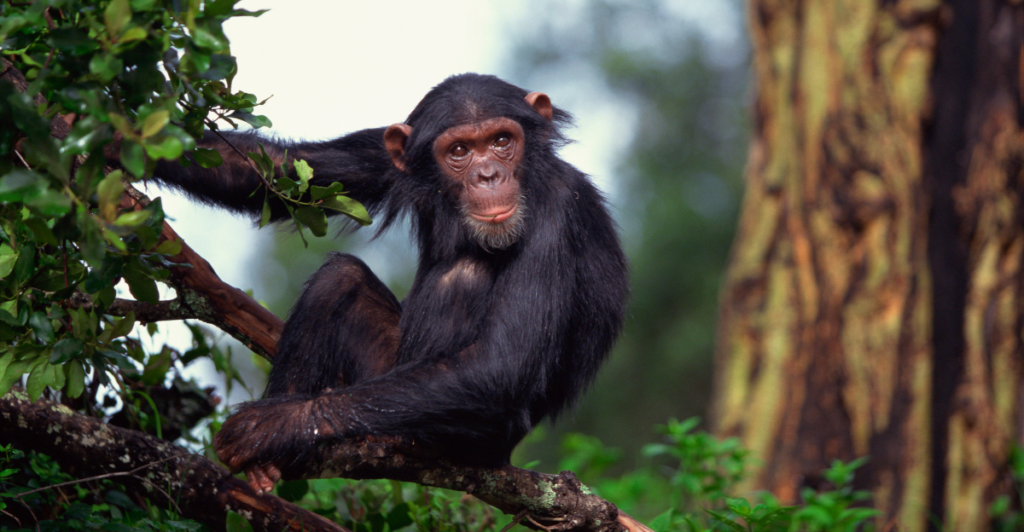
Chimpanzees also use particular gestures depending on their group. These non-verbal signals are used to convey messages, or attract a mate, and are quite vital to their communication. The purpose of a particular study was to find out whether the four wild chimpanzee communities in Taï National Park, Côte d’Ivoire have their own form of ‘language’. Researchers have been monitoring these chimpanzees for more than a decade.
The Research Approach
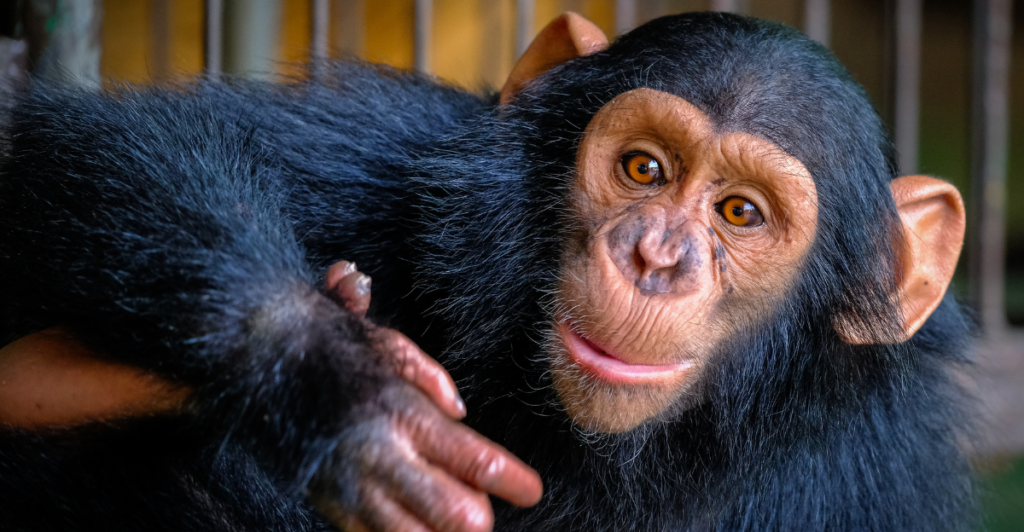
They observed these chimpanzees from morning to night. They recorded all their behaviors and paid attention to their courtship gestures. They wanted to know if chimpanzees acquired their gestures from their social surroundings or their genetic programming.
The Mating Gestures
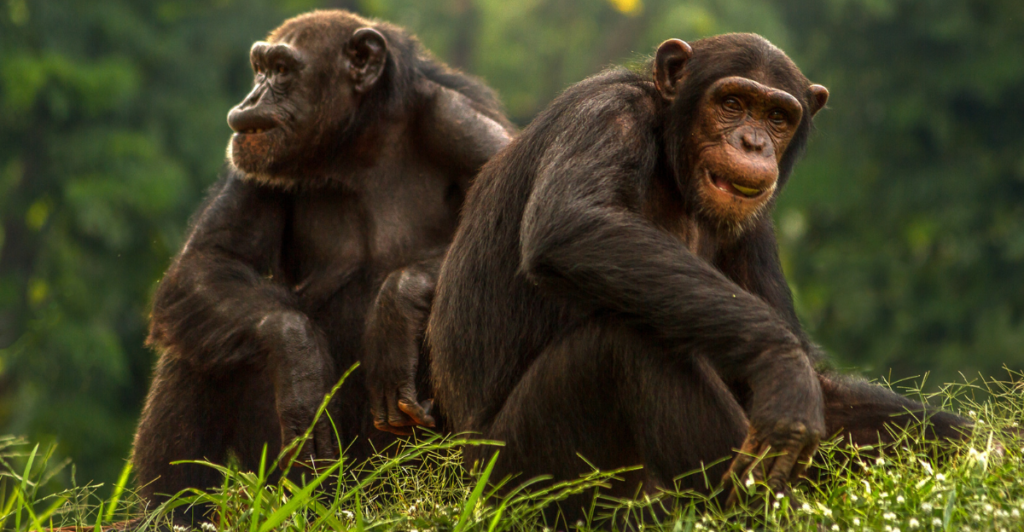
Chimpanzee males employ a number of tactics to draw the attention of females. The researchers recognized four main gestures: the ‘heel kick’, the ‘knuckle knock’, the ‘leaf clip’ and the ‘branch shake’. These actions were also different from one group to another, which showed that chimps have unique forms of expression and communication.
Differences Among the Communities
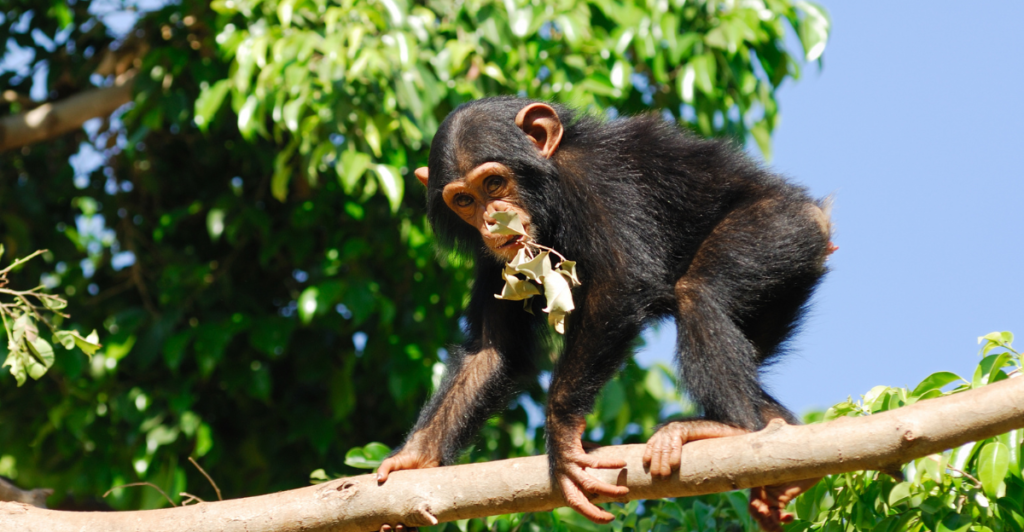
All four gestures were used differently by each of the four chimpanzee groups in the study. Some used the ‘leaf clip’, while others preferred the ‘knuckle knock’. This variation showed that gestural dialects and variations in communications exist, just as human languages differ from one region to another.
The Role of Social Learning
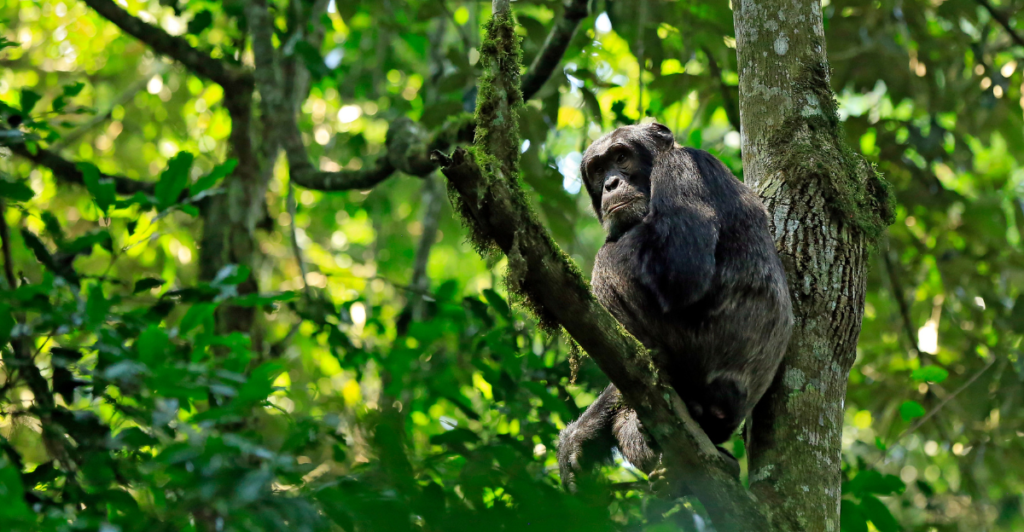
More than 45 years of data shows that these gestures are learnt from other chimpanzees and not hardwired. This is because female chimpanzees are nomadic and move between groups. They influence which gestures remain.
A Vanishing Gesture
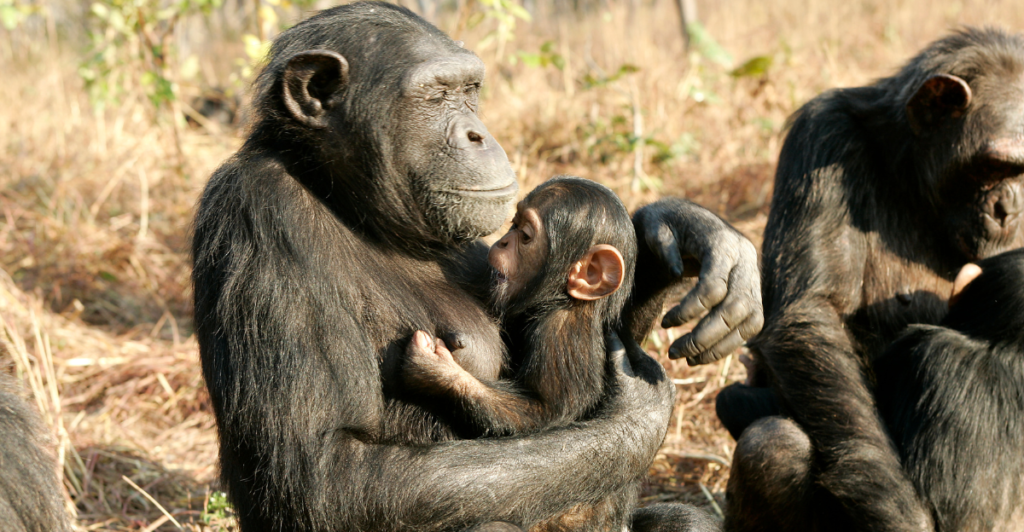
One of the most surprising findings was the disappearance of the ‘knuckle knock’ in one of the groups. The North community, which used this gesture frequently, ceased using it altogether. The authors were able to link this loss to human interference.
The Impact of Human Activity
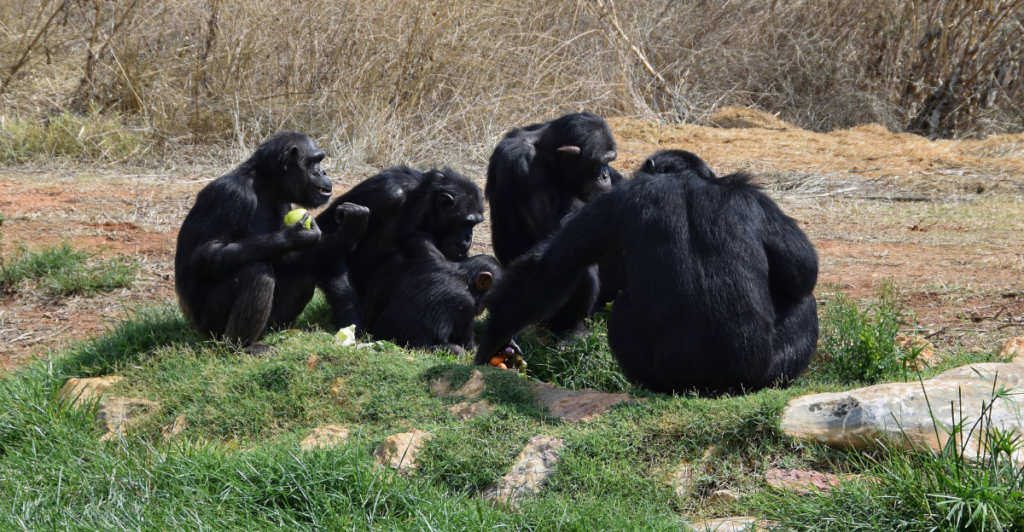
The North group was nearly wiped out because of poaching and habitat destruction. By 2008, all the adult males were extinct and there was no one to transmit the ‘knuckle knock’ signal to the new generation. There were no males to teach the young chimpanzees how to perform the gesture and therefore it was lost from their culture.
A Cultural Extinction
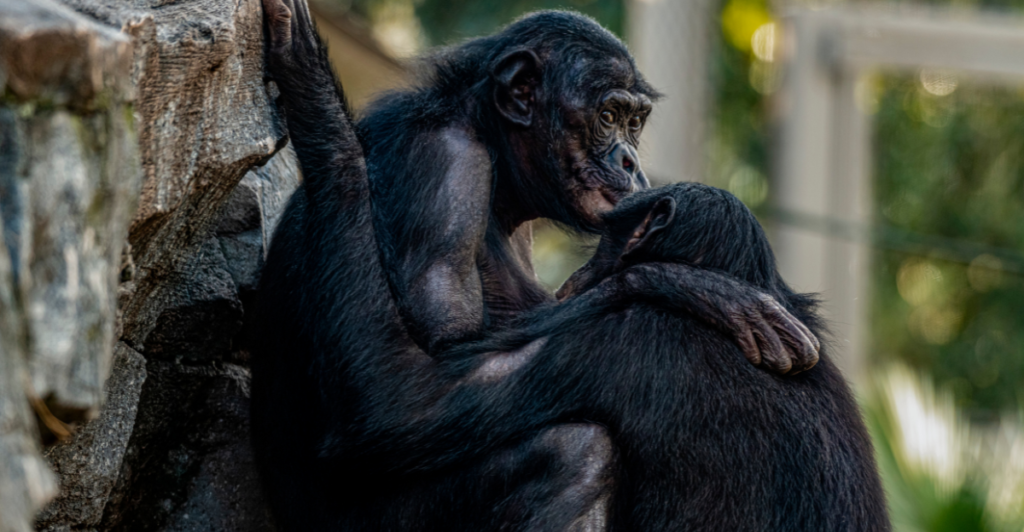
The study shows that chimpanzees do not simpy inherit their gestures: they learn them. When a generation of males dies out, its way of conveying information also dies with it.
The Bigger Picture
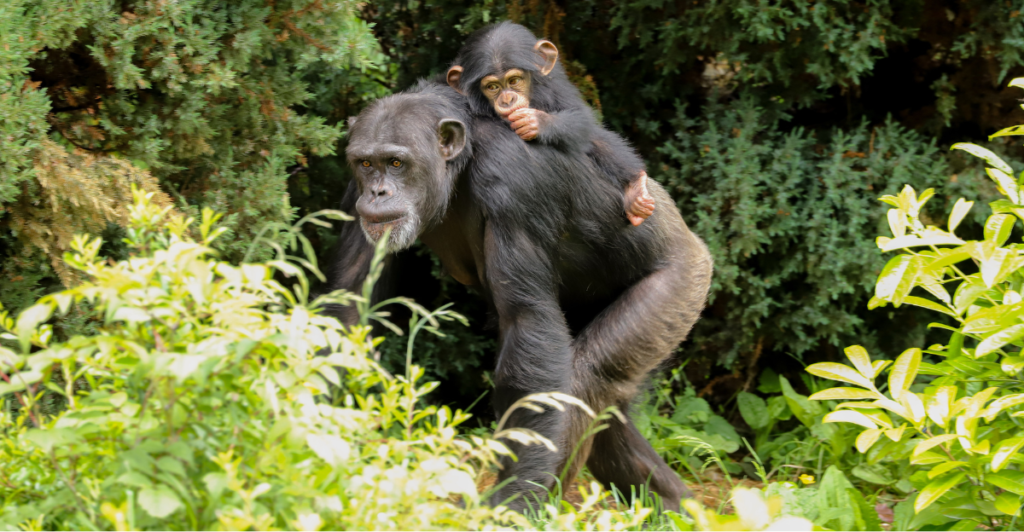
Social learning is a crucial process in the evolution of chimpanzees. When humans interfere with these communities, we are not only endangering the species but also wiping out their communication methods. This research shows how culture should be considered and preserved in conservation management.
Conservation Implications
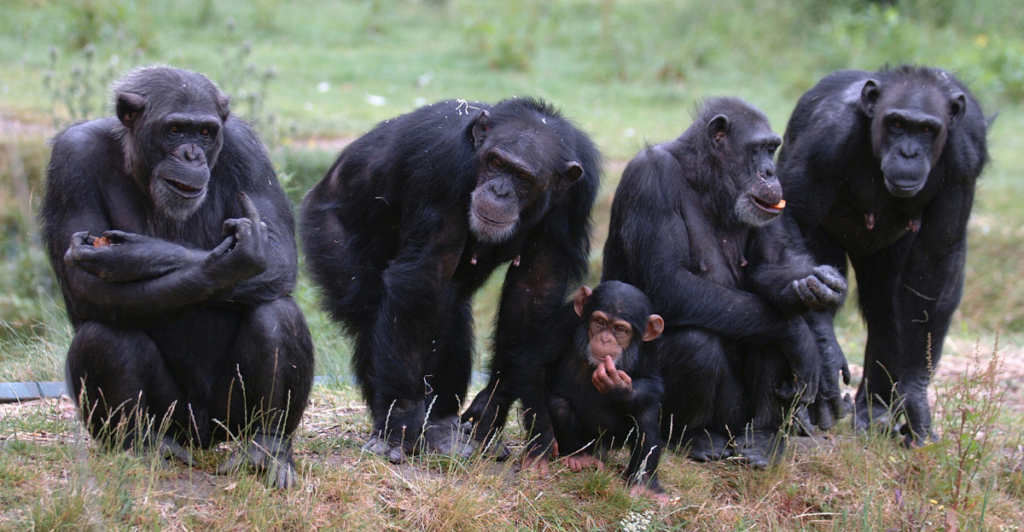
Chimpanzee culture is delicate. We protect physical habitats, but we also have to learn to protect learned behaviors. Conservationists should consider protecting social structures to conserve cultural dialects.
Learning About Ourselves
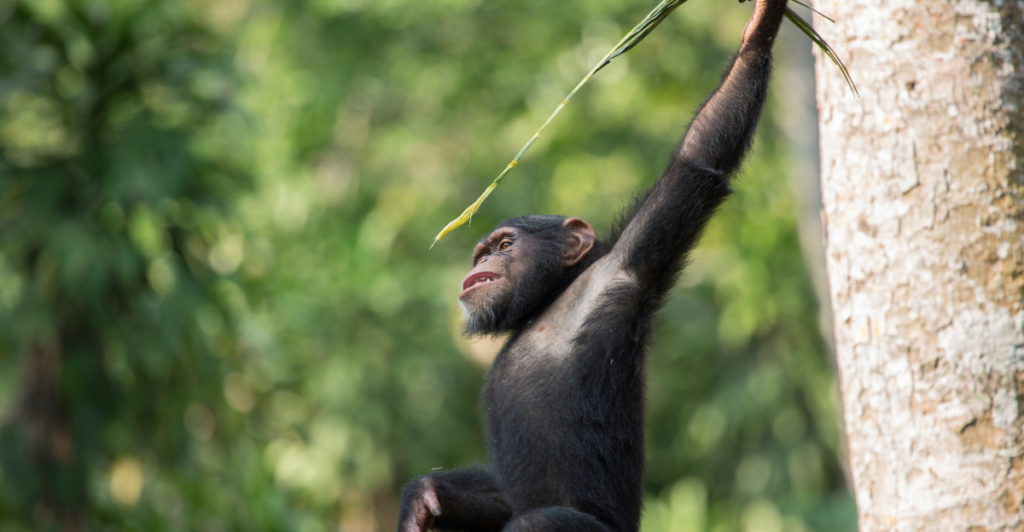
Studying chimpanzee culture also tells something about human evolution. Since chimps are our closest relatives, their social behaviors can give us a hint on how our own communication and traditions may have developed through the years.
Fentanyl in Dolphins: A Silent Warning
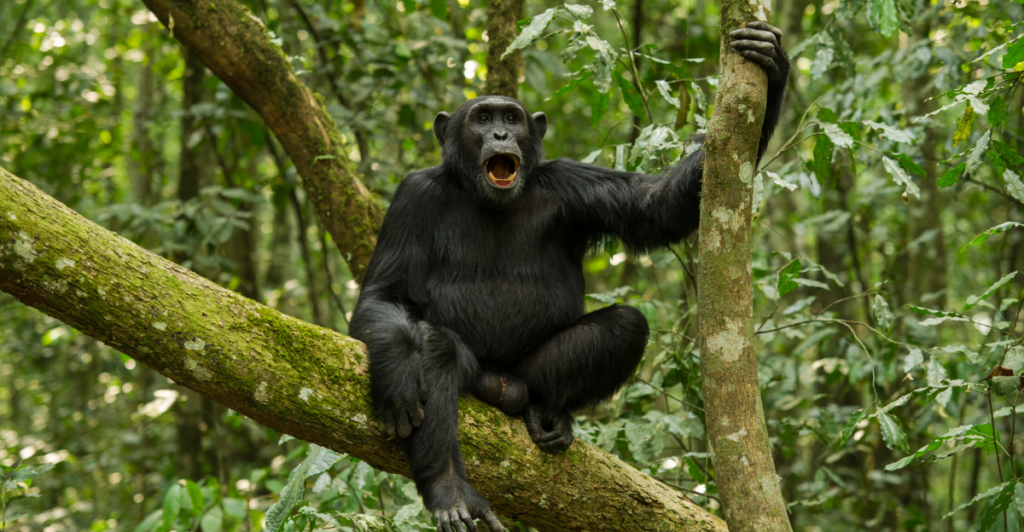
Chimpanzees are more similar to humans than we think, and they have a complex and dynamic culture. However, human activities are likely to eliminate these practices in the long run. Thus, conserving their social organizations is the most productive way to facilitate the transmission of special gestures.







